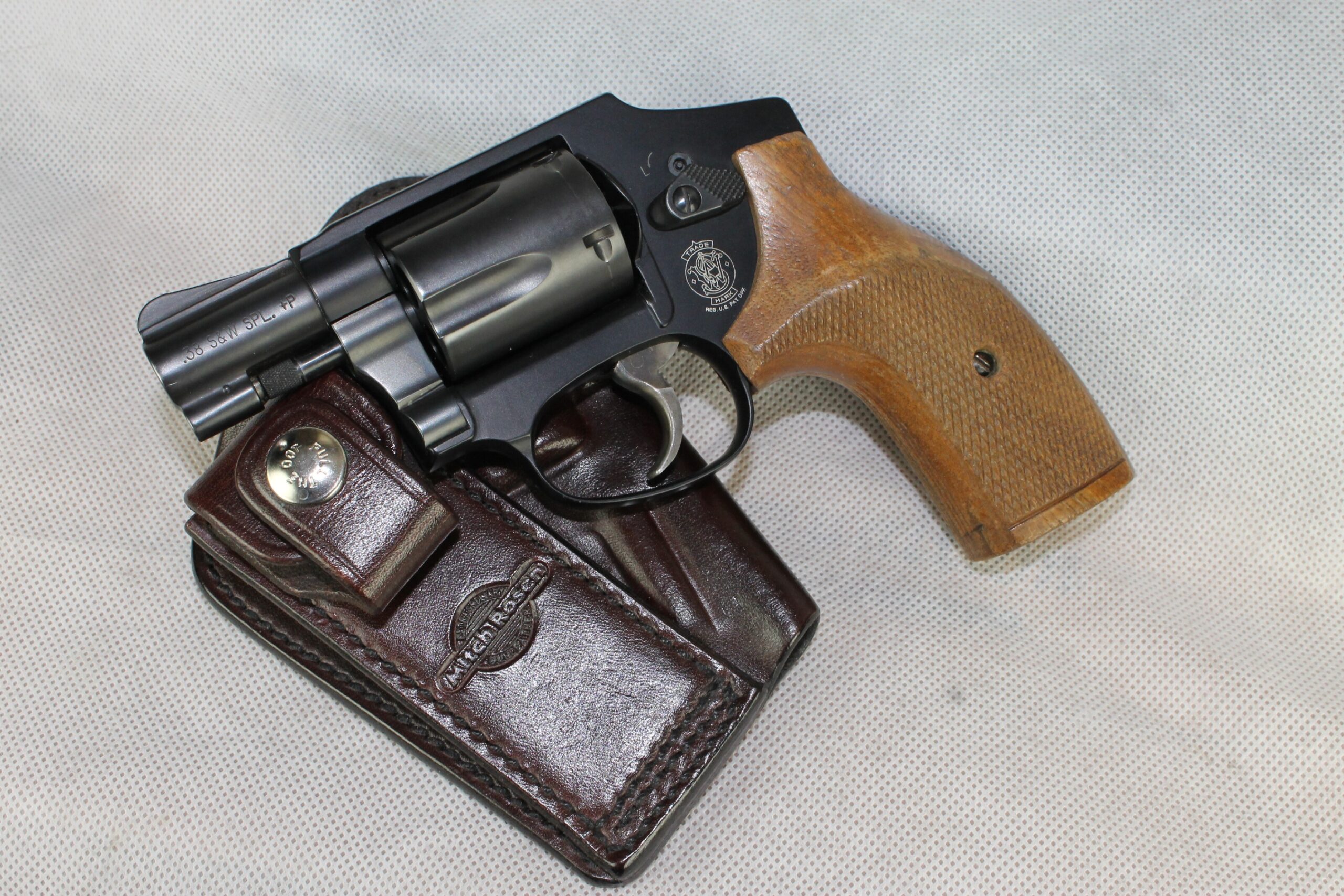
By Dave Workman
Does the Second Amendment protect the right of armed citizens to carry firearms on public transit?
That’s essentially the question attorneys for the Second Amendment Foundation and three Illinois residents want the U.S. Supreme Court to answer, and they’ve petitioned the high court to review a case out of Illinois known as Schoenthal v. Raoul. The federal complaint was originally filed in U.S. District Court for the Northern District of Illinois, Western Division in September 2022.
SAF is joined in the case by the Firearms Policy Coalition and three private citizens.
The SAF-supported lawsuit could have far-reaching ramifications as it not only challenges the Illinois ban on transit carry, but also raises questions about what constitutes a “sensitive area.” The 28-page petition for certiorari is accompanied by about 150 pages of index material.
In a prepared statement, SAF founder and Executive Vice President Alan Gottlieb noted, “As we’ve all regrettably seen on the evening news recently, traveling on public transit can be extremely dangerous. The problem lies not with the law-abiding gun owner who wants to carry a firearm for self-defense. Rather, the problem is leaving people with no means of protecting themselves against those who prey on people in a target-rich environment. Disarming regular citizens only further disadvantages the assaulted while having no bearing on their assaulters.”
SAF and its partners are represented by attorneys David Sigale of Lombard, Ill., and David H. Thompson, Peter A. Patterson and William V. Bergstrom at Cooper & Kirk in Washington, D.C. In their petition, they discuss the confusion which appears to exist in the lower courts about sensitive areas, and they tell the justices, “This Court can, and should, step in to correct the confusion in the lower courts.”
Later in the petition, they state, “The principle that the government could only restrict arms in “sensitive” places if it secures such locations finds additional support in another colonial and Founding-era tradition: Beginning in the colonial period, and continuing through the Founding, there was a robust tradition of permitting—and sometimes requiring—firearm carriage when people entered crowded places of public assembly to provide for defense against armed violence…
“This history defeats any notion that the Founders would have understood that there is something inherent in crowded spaces where people were particularly vulnerable that justified disarmament,” the document says.
“There simply is no historical support for the idea that all modes of public transit are ‘sensitive places’ where carry can be banned,” said SAF Executive Director Adam Kraut, in a prepared statement. “Lower courts have struggled with understanding what a ‘sensitive place’ actually is and how limited their scope must be under the Second Amendment. This case is a great opportunity for the Court to clarify the proper unifying principle and correct the circuit courts that have gone astray.”
According to SAF, “The District Court granted summary judgment in favor of SAF and its partners in the case, agreeing that the public transit carry ban was unconstitutional. The state appealed, however, and the Seventh Circuit overturned the ruling, finding the ban was indeed constitutional.”
As a result, SAF and its partners are asking for Supreme Court review. They contend the historical support for such a prohibition is “severely lacking.”